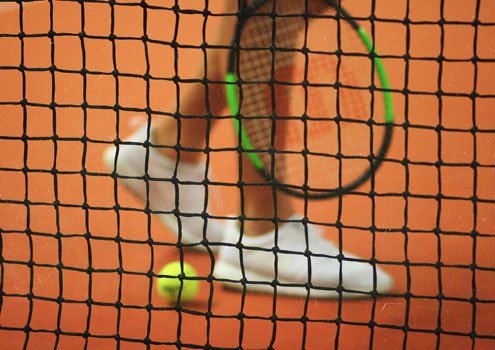Reading time: Less than 1 minute
I like to share interesting pieces of figurative language I encounter in my reading. I write today about a metaphor from Timothy Gallwey…
I must have read the book The Inner Game of Tennis some 30 years ago, even though I’ve never played the game. by W. Timothy Gallwey. I recognized that it carried a greater life message than simply how to improve your game.
Anxious to see how the book had withstood the test of time, I checked it out of the library and re-read it this month. It’s even better than I remember it to be. Here’s a metaphor that particularly impressed me:
When we plant a rose seed in the earth, we notice that it is small, but we do not criticize it as “rootless and stemless.” We treat it as a seed, giving it the water and nourishment required of a seed. When it first shoots up out of the earth, we don’t condemn it as immature and underdeveloped; nor do we criticize the buds for not being open when they appear. We stand in wonder at the process taking place and give the plan the care it needs at each stage of its development.
Gallwey wants to compare a a rose seed germinating in the ground to a neophyte’s efforts to learn the game of tennis. I would also compare the rose seed to a beginning writer’s efforts to learn the craft. We don’t criticize the seed as “rootless and stemless” nor should we criticize the beginner for being underdeveloped. It takes time to learn how to do anything. This is a normal and expected part of the process.
I also appreciated another metaphor Gallwey offered:
Fortunately, most children learn to walk before they can be told how to by their parents. Yet, children not only learn how to walk very well, but they gain confidence in the natural learning process which operates within them.
It’s interesting to speculate how many students might have become more confident writers if they hadn’t had high school teachers who eroded that confidence.


